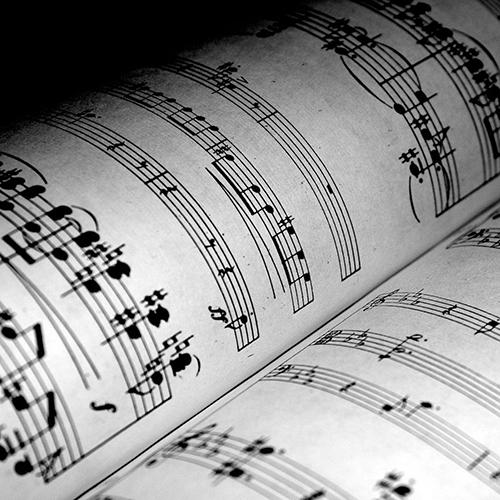Take the Indian
for chamber choir, alto soloist, solo cello
Take the Indian is a work that has been on my mind for some time. The history of our nation’s treatment of the First Nations peoples of this land is a shocking and deeply disturbing legacy that is only now receiving study and daylight.The most troubling aspect to many is the hunting, the preying upon First Nations children, in particular the hundreds of young Aboriginal women, who have gone missing, with no trace. Occasionally we open the paper to hear that the body of another young woman has been pulled out of a river, usually badly beaten and abused.To many, including myself, this is an unacceptable state of affairs in a so-called civilized society. Since European settlers arrived, there has been a continual state of genocide of the First Nations peoples, particularly their children. Think of residential schools, diseased blankets, government sponsored “testing” of Aboriginal children that sent many young ones to their deaths in the 1930s and 1940s. It’s a sad legacy that sounds more like what happened to Jews in the Holocaust rather than what Canadians to do fellow Canadians.When the Truth and Reconciliation Commission came to Winnipeg a few years ago, I witnessed an incredibly disturbing afternoon of testimony from the survivors of the Residential School legacy. I’m sure the hundreds of people there listening to the sadness, anger, frustration, loneliness of these people will never forget it. I know I never will.The text for this work is taken from the words of an assortment of survivors that testified that afternoon. I have decided to keep them all anonymous. So much of what they were sharing was so personal that I did not want to single out any one individual out of respect for their deep inner grief.I make no apologies for the harshness of this work or these words. It enters into the deep discomfort of our collective society. It speaks of the darkness of our so-called nation-building and the debris that it has created.The First Nations of this land have been deeply wounded. It is time to sing, to talk, to heal.

